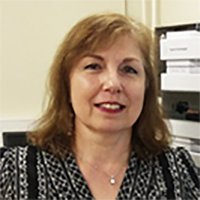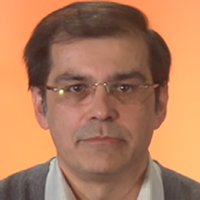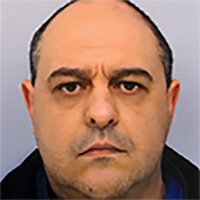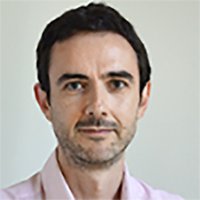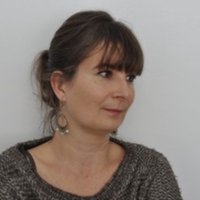MOlecules and Materials for the ENergy of TOMorrow (MOMENTOM)
- Duration: 6 weeks
- Effort: 20 hours
- Pace: ~3h15/week
- Languages: English and french
What you will learn
At the end of this course, you will be able to:
- Identify the key technologies for the implementation of renewable energies
- Grasp the societal challenges of the energy transition
- Understand the advances in Research regarding the production, storage and distribution of energy
Description
The MOOC gives the fundamental concepts of the technologies involved in the energy transition. It describes technological and research advances for the production, storage and distribution of energy to give you the keys for understanding the energy of tomorrow. It will allow you to deepen your understanding of the challenges of the energy transition in the context of your studies or job.
Thanks to videos proposed by researchers, academics and industry experts, you will be trained on the following topics:
- Energy conversion using technologies such as photovoltaics, wind, geothermal, biomass, etc.
- Hydrogen production technologies, such as electrolysis and photo- electrolysis of water
- Storage and distribution of hydrogen and how to use this energy vector
- Electrochemical energy conversion systems, in particular batteries and supercapacitors, including recycling.
- Economic, legal and political dimensions linked to the energy transition
Format
The MOOC MOMENTOM is splitted into five consecutive sequences. Each sequence corresponds to one learning week. Several videos will introduce the main concepts and additional resources will be provided to allow the learner to go deeper into the details of each concept. A forum will be organized each week in order to facilitate the interactions between the learners and the teachers (academic professors, researchers and industrials).
Prerequisites
This MOOC is for Bachelor and Master students,technicians and engineers, as well as for people simply interested in energy applications. Some basics in chemistry, physics or engineering sciences are yet required.Two courses are proposed according to your level, with a short test at the beginning to see if you have the required knowledge.
Assessment and certification
Weekly quizzes and a final test to assess your knowledge. 60% of correct answers to all multiple-choice quizzes allow you to obtain an Open Badge FUN (certificate of attendance).
An Open badge is a way to recognize knowledge, achievements... Highlight your Open badge on LinkedIn or on other social media !
Course plan
- Chapter 1: Materials and systems for solar energy conversion
- Chapter 2: Production and energy conversion with earth-based solutions
- Chapter 3: Hydrogen production technologies
- Chapter 4: Hydrogen storage and integration for energy applications
- Chapter 5: Electrochemical energy storage technologies
- Chapter 6: New energies and society
Course team
Patrick Schembri
Categories
Johnny Deschamps
Categories
Sylvain Franger
Categories
Magali Gauthier
Categories
Virginie Tallio
Categories
Organizations
License
License for the course content

Attribution-NonCommercial-NoDerivatives
You are free to:
- Share — copy and redistribute the material in any medium or format
Under the following terms:
- Attribution — You must give appropriate credit, provide a link to the license, and indicate if changes were made. You may do so in any reasonable manner, but not in any way that suggests the licensor endorses you or your use.
- NonCommercial — You may not use the material for commercial purposes.
- NoDerivatives — If you remix, transform, or build upon the material, you may not distribute the modified material.
License for the content created by course participants

All rights reserved
"All rights reserved" is a copyright formality indicating that the copyright holder reserves, or holds for its own use, all the rights provided by copyright law.



